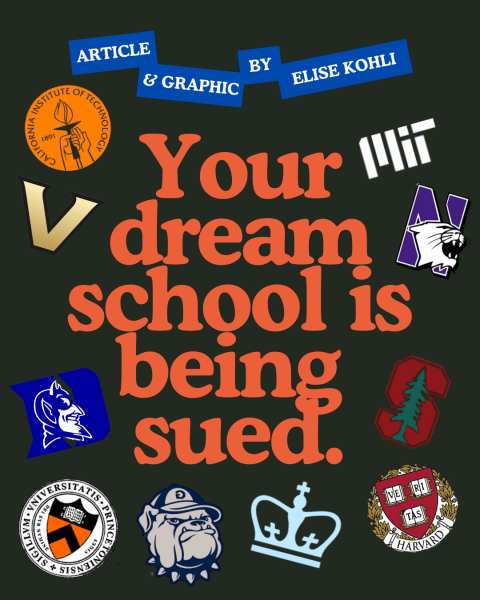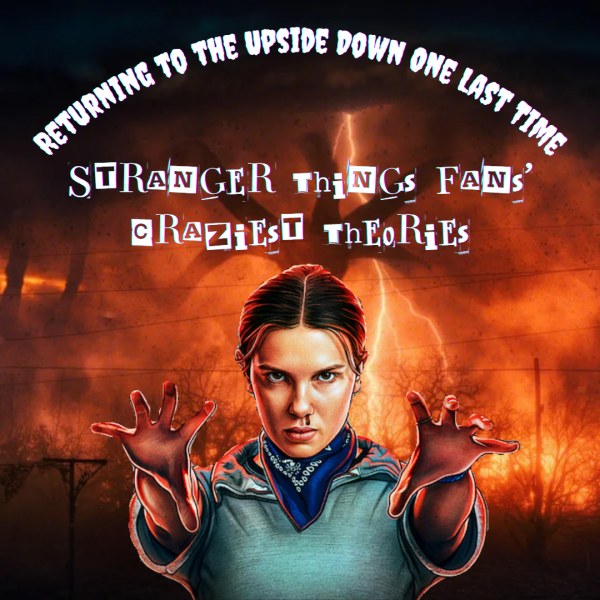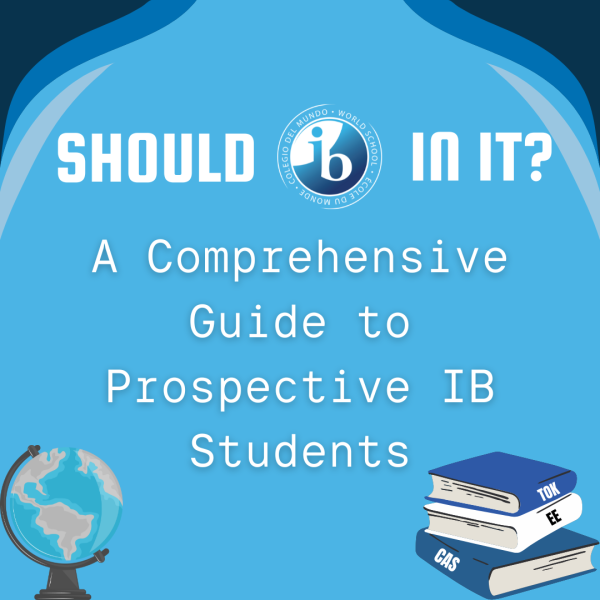WCPSS Tests Student Email-Monitoring Software in Schools
Since last February, WCPSS has been testing Gaggle, a student activity monitoring program that tracks activity from school-issued emails from school-owned and personal devices. At the beginning of this year, the NC General Assembly granted WCPSS millions of dollars to expand this program in the name of bullying prevention. Multiple civil liberties groups have spoken against the bill for violating students’ rights to privacy.
According to a WCPSS Board technology policy code, “The use of school system technological resources, including access to the Internet, is a privilege, not a right.” Under the privacy tab of the code, it says, “Students, employees, visitors, and other users have no expectation of privacy in anything they create, store, send, delete, receive, or display when using the school system’s network, devices, Internet access, email system, or other technological resources owned or issued by the school system, whether the resources are used at school or elsewhere, and even if the use is for personal purposes.”
After testing the program at Knightdale High School, WCPSS has expanded it to Willow Springs High in Fuquay-Varina, Neuse River Middle, Holly Grove Middle, Buckhorn Creek, and will begin using the program at Lake Myra Elementary this month. This influx of schools using Gaggle comes after the NC General Assembly granted WCPSS $5 million in funding for the program’s growth in the county as well as $16 million for monitoring student devices and internet activity “to mitigate cyberbullying, monitor student internet activity, and assist with suicide prevention services.”
Under WCPSS policy, personal devices will also be subject to Gaggle when connected to school Wi-Fi: “Students are expected to comply with the Code of Conduct… when students use a personal device on school property, at school-sponsored events, on school-based transportation, or anytime a personal device is connected to school system technological resources.”
The WCPSS code lists examples of unacceptable online behavior as “creating, intentionally viewing, accessing, downloading, storing, printing or transmitting images, graphics (including still or moving pictures), sound files, text files, documents, messages or other material that is obscene, defamatory, profane, pornographic, harassing, or abusive.”
Gaggle works by utilizing artificial intelligence to actively view things that students and teachers are typing, with a list of words and phrases that trigger the program’s attention. Most of the list deals with self-harm, but also includes profanity and words that have to do with sexual orientation, such as “gay” and “lesbian,” as well as some words that could be appropriate in the right context, such as “balls,” “drunk,” and “gun.” Gaggle deals with citations based on their severity. Its safety management team either resolves the citation, deletes the material, sends warnings to students, or alerts school authorities in the most serious cases.
Critics of Gaggle have reproached the program, citing its vulnerability to data breaches, potential inaccuracies, and possible privacy violations.
“School districts are obligated to provide all students with full and equitable access to education, including learning technology tools, which is only possible if students’ privacy and that of their families is protected,” Ann Webb, senior policy counsel for the ACLU of NC, said in an email on Wednesday. “Student safety is always a priority, but we have questions about whether the claims made by surveillance companies about the safety benefits of monitoring students’ personal communications are supported, and whether we have concerns about such surveillance causing other unintended harms.”
Gaggle is currently being used in 1,500 school districts across the country, which equates to about 5.5 million students nationwide. 440,000 students in North Carolina alone are being affected by the program. Durham County Schools and Johnston County Schools have already employed the program, along with other counties and many charter schools in the state.
Your donation will support the student journalists of Enloe Magnet High School, allowing us to cover our annual website costs. We are extremely grateful for any contribution, big or small!

(He/him)
Matthew is a senior and is very excited to be the news editor this year! He loves writing about political issues and local news. Outside of...









